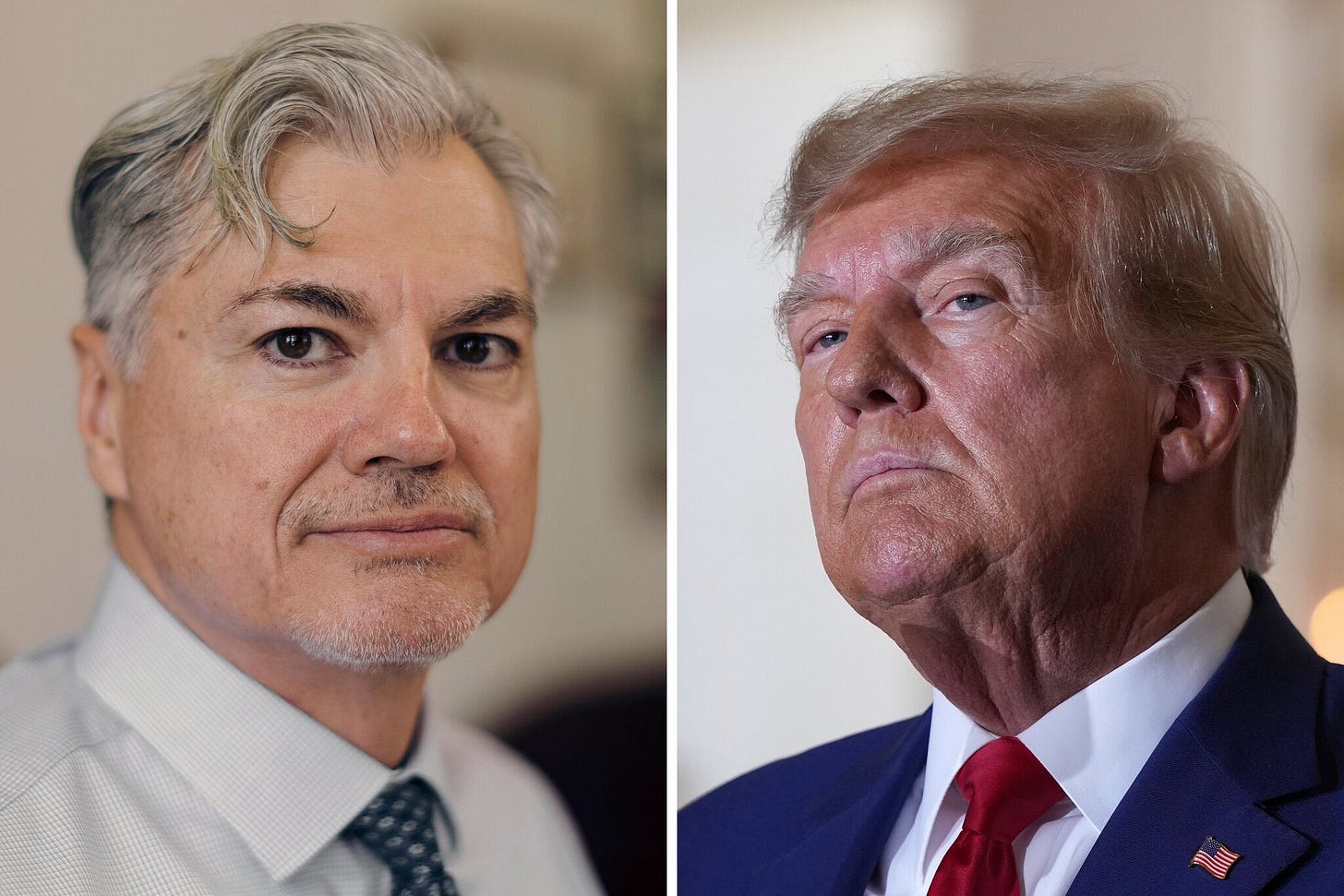Simon Ateba Reflects on Florida's Amendment 4: From Supporting Felons' Voting Rights to Trump's Potential Disenfranchisement
In 2018, I flew into Florida with the State Department. They had arranged some meetings with some people. The first set of people were convicted felons who were pushing for an amendment to be able to vote.
In the end, the “Voting Rights Restoration for Felons Initiative,” also known as Amendment 4, was passed during the 2018 Florida election.
The amendmen…


